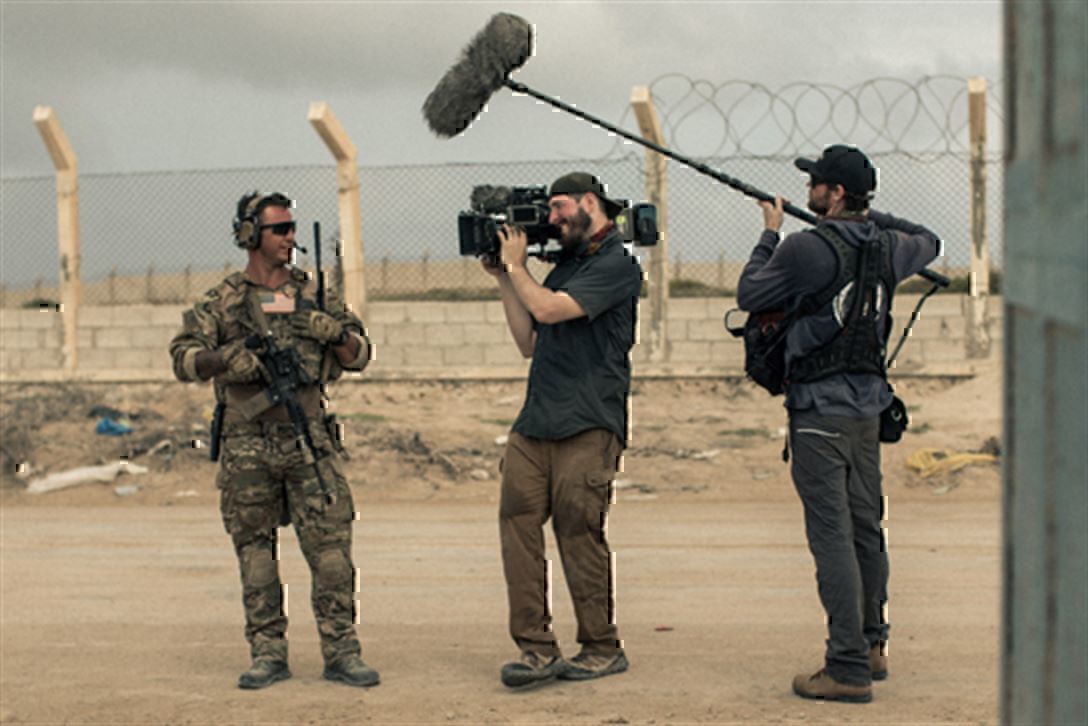As companies seek to control costs while having access to a broad range of candidates, many recruiters are using video interviews as a way to screen potential hires. In some cases, a video interview is the interim step between the phone interview and an on-site visit. Other companies make hiring decisions based on this online interaction. Either way, knowing the dos and don’ts of this interview format is critical if you’re looking for a civilian job.
Here are seven tips to help you ace a video-based interview.
1.) Get the right equipment, and know how to use it
You don’t need state-of-the-art equipment to do a video interview, but it’s important to have decent quality audio and visual. A computer or laptop with a built-in camera should do the trick, but if the microphone sounds scratchy or picks up too much background noise, consider getting two-way headphones instead.
Whatever equipment you use, be sure that you’ve tested it and know how to use it well before the interview. You don’t want to be fumbling to take yourself off mute while the interviewer is waiting.
2.) Test the technology in advance
While many companies still use good old-fashioned Skype to conduct video interviews, others use online meeting programs such as Zoom and GoToMeeting. Some programs may require you to download software to your computer. Test the meeting links as soon as you receive them, and let the recruiter know if you have any problems. Test the link again at least 15 minutes before your actual interview to ensure you will be connected and ready to go when the interviewer joins.
3.) Plan your setting
Choose a quiet room with reliable WiFi where you can close (and preferably lock) the door so that you can focus entirely on the interview without worrying you will be disrupted. Be sure you have this quiet space for the planned duration of the interview plus a bit of extra time as a cushion.
4.) Prepare by simulating the interview
Write out your answers to every question the interviewer might ask you. Then, sit in front of a mirror and rehearse your responses. Go through the same exercise with a friend or military buddy drilling you. That’s the advice of Scott Gemmill, recruiting program manager at Naval Air Systems Command (NAVAIR). “Have them be as hard as possible,” he says. “Ask really difficult questions.” With that kind of training, the actual interview will be no problem.
You can also do a dry run with friends via Skype. The practice will give you a chance to test your equipment and find a comfortable setup.
5.) Treat it like a face-to-face interview
“Dress for success. It’s a direct reflection of how you represent yourself,” advises Tracy Hoel, technical recruiter from Anaplan, a cloud-based planning and performance management platform. That means professional dress from head to toe. It may be tempting to wear your favorite sweatpants because you think the interviewer will only see the top half of your body, but you never know when you might have to get up to adjust lighting or another aspect of your surroundings.
Also, “eye contact is extremely important,” adds Hoel. On a video conference, making eye contact means looking into the camera, not at the interviewer’s face. This is another thing to practice in advance.
6.) Relax and control your nerves
No matter how anxious you feel inside, don’t let nerves get the best of you, especially if you have a tendency to chatter when you’re nervous. Hoel likes to remind candidates that an interview is nothing more than a conversation . . . but you should allow the interviewer to lead it. Respond to his or her questions, and don’t go off on a tangent. If there is time at the end, you can ask your own questions or mention accomplishments that weren’t covered.
7.) Remember that you’ve been through far worse
“Try to get that confidence back that you had when you were in the military,” says Gemmill. Compared to everything you’ve endured, “talking to a few people on a video conference should be a snap.”
Stephanie Montague is a communications consultant and freelance writer. She is the founder of Poppin’ Smoke, a website designed to encourage members of the military community to use their military benefits to travel. Stephanie and her husband have been traveling the world since he retired from the Army in 2015. She holds a bachelor’s degree in economics and French from the University of Michigan and an MBA from Duke University.
READ NEXT: CAREERS IN IT OFFER VETS GREAT PAY, UPWARD MOBILITY






